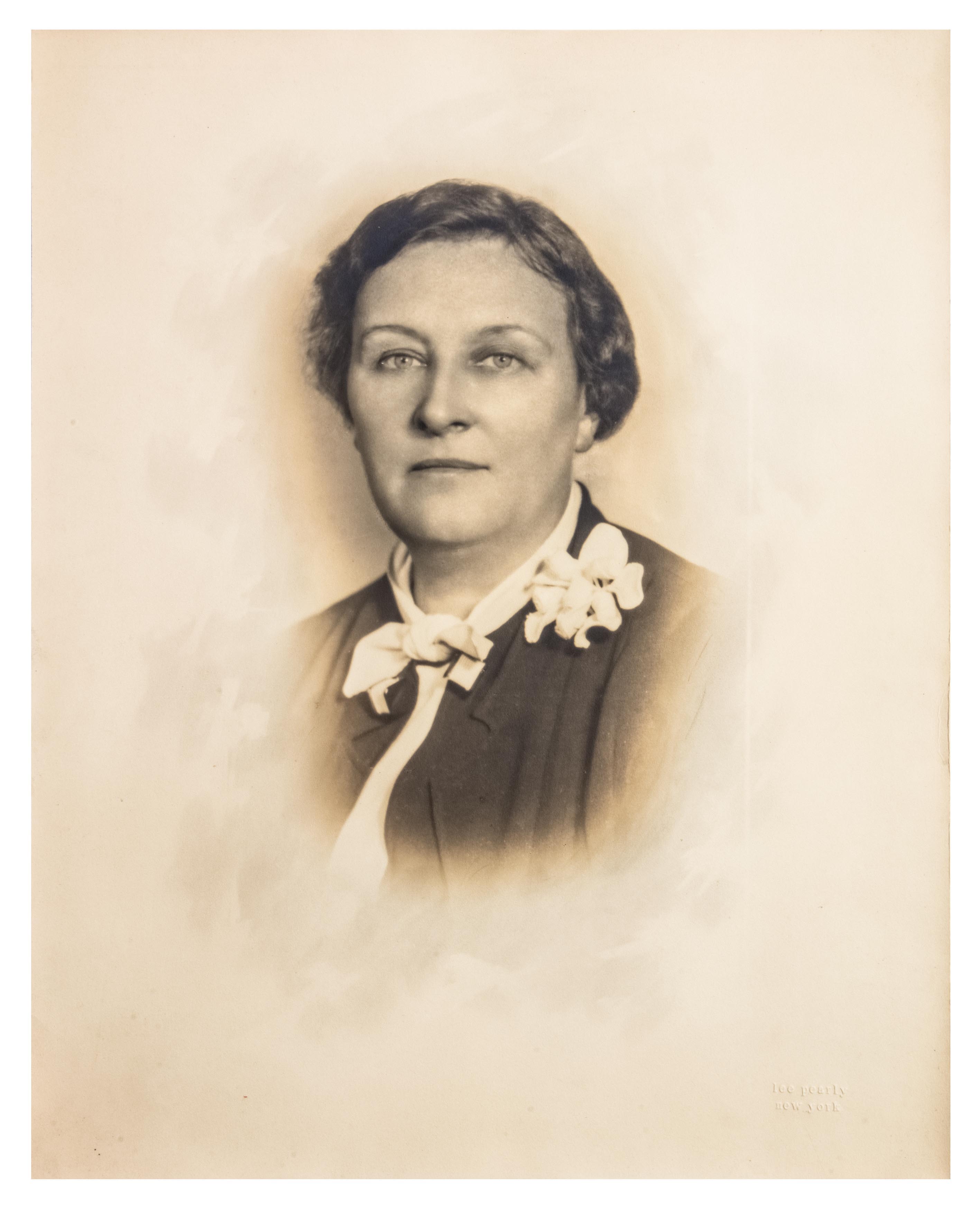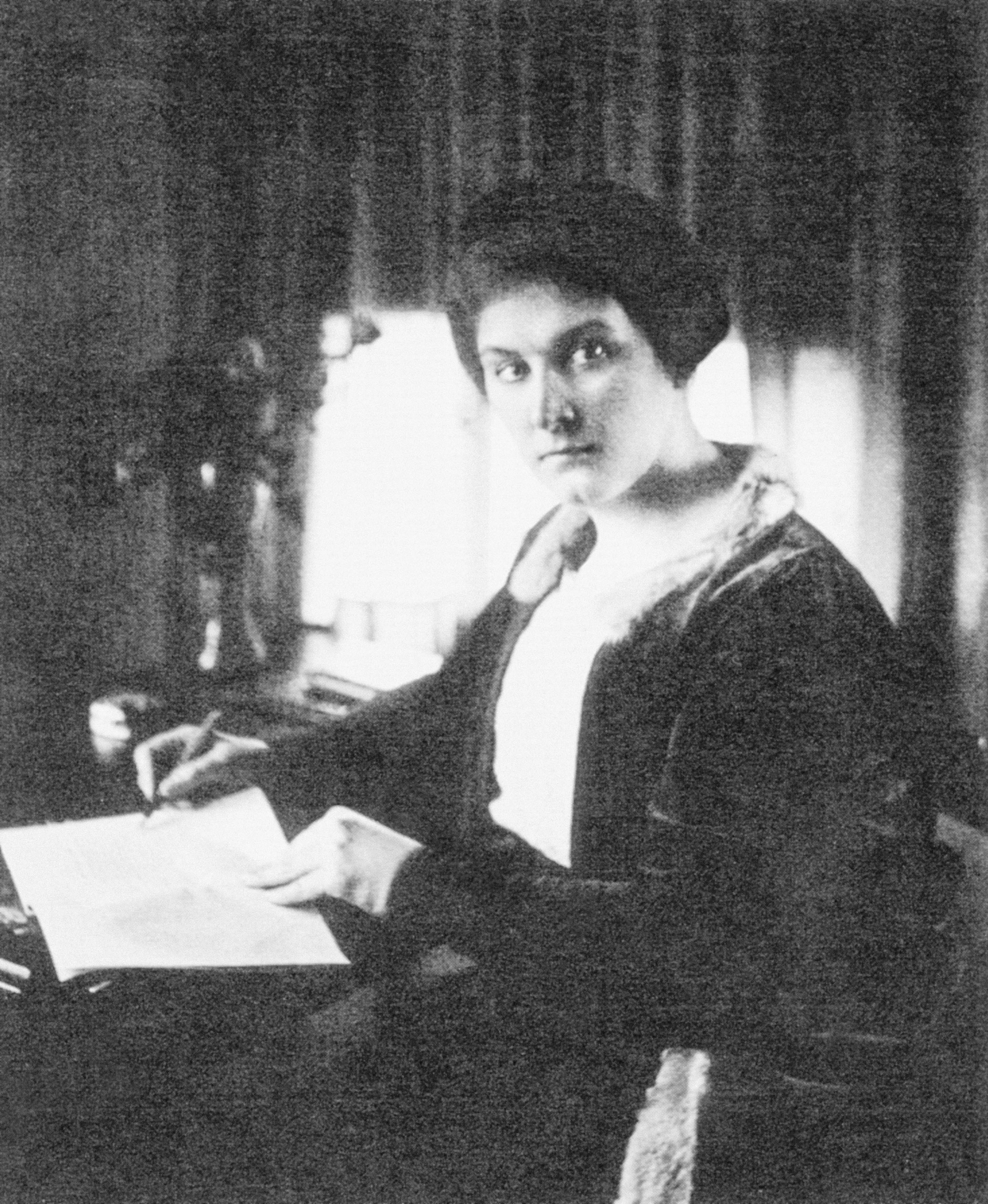23. Helen Parkhurst

Portraits of Helen Parkhurst, who founded the Dalton School in 1919 and served as Head of School until 1942.

Described as one of the most impactful educators of her time, Helen Parkhurst established the Dalton School (originally called the Children’s University School) in 1919 and served as its Head until 1942.
Parkhurst drew upon a keen intellect, deep respect for children, and tireless energy in developing and promoting her Dalton Laboratory Plan. A supporter of John Dewey and colleague of Maria Montessori, she was an educational reformer in the spirit of the Progressive Era. Parkhurst tapped into students’ capacity for inquiry, self-regulation, cooperation, and community building. An innovator, she resisted the timetable, recitation, and other common features of the traditional schoolhouse.
In 1922, Parkhurst published Education on the Dalton Plan, which offered a critique of the dominant pedagogy of her day, an in-depth discussion of her educational theory, and a description of her plan in practice. Translated into several languages, this work continues to inform the practice of teachers both in our school and around the world.
Along with her most acclaimed treatise, Parkhurst also authored books chronicling the challenges and aspirations of mid-century adolescents. Additionally, she produced and hosted radio programs, instructed teachers, lectured internationally, and parsed educational theory until her death in 1973.
Throughout her life, Helen Parkhurst remained focused on children. Confident in them and in the Dalton Plan, she observed, “…our education, which allows a child liberty to develop and time to think and plan, must favor the expansion of all the good qualities innate in [each student’s] personality.”
—Lisa Yvette Waller, PhD, Assistant Head of School for Progressive and Inclusive Practice